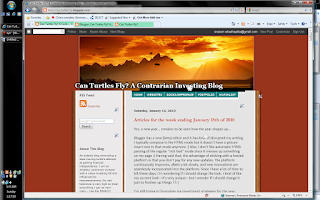Japan's sovereign credit rating under threat
As some may get the feelilng from my posts, I find Japan a paradox of sorts. So many good things yet so wrong on many fronts. I am curious to see how it will adapt over the next few decades. Older generations may have lived a life experiencing the ascent of Japan. Generation X and younger ones will live a life seeing its descent. But the future is not written in a stone so they have control over their future. All that is a prelude to news that S&P is contemplating cutting Japan's credit rating : Standard & Poor's Ratings Services said Tuesday that it may downgrade Japan's sovereign credit ratings if data don't improve or if the government doesn't get its fiscal and economic house in order. The ratings agency said it's placed a negative outlook on Japan's AA sovereign long-term credit rating, saying it could issue a downgrade to AA- "if economic data remain weak and measures to boost medium-term growth are not forthcoming, given the countr
+D1909FN2.jpg)

.jpg)


+-+CBB693.gif)

.png)

.png)
